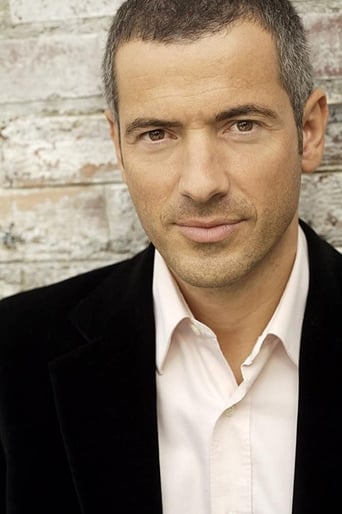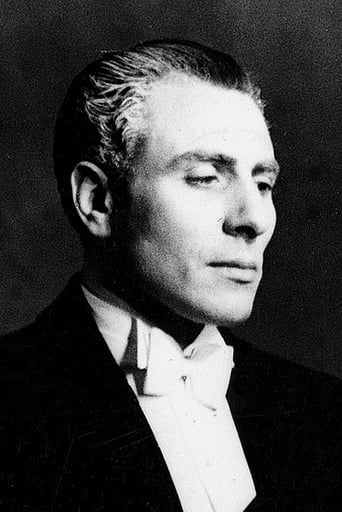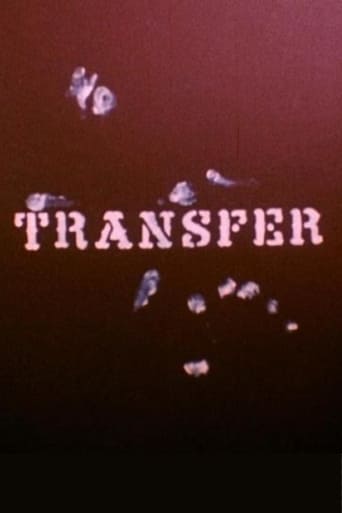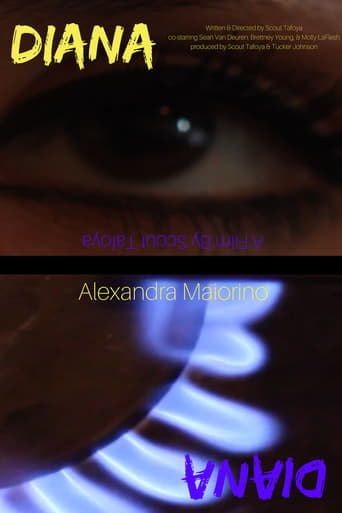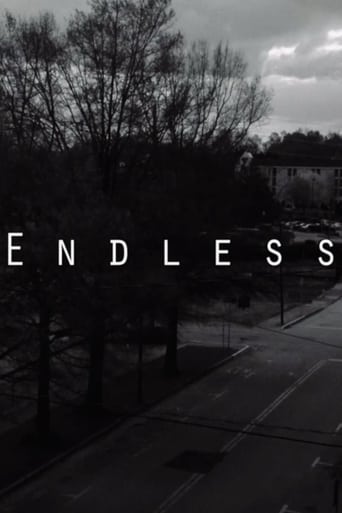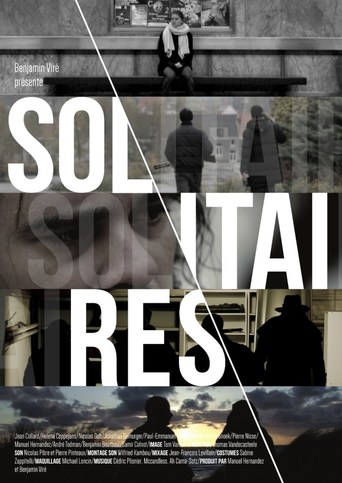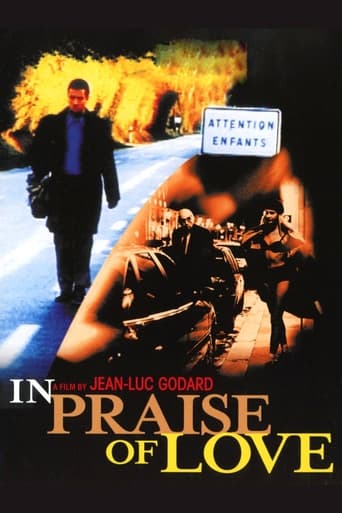
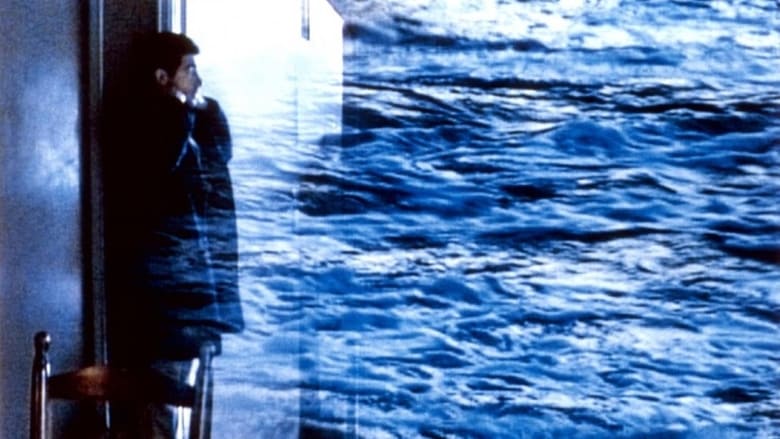
In Praise of Love (2001)
Someone we hear talking - but whom we do not see - speaks of a project which describes the four key moments of love: meeting, physical passion, arguments/separation and making up. This project is to be told through three couples: young, adult and old. We do not know if the project is for a play, a film, a novel or an opera. The author of the project is always accompanied by a kind of servant. Meanwhile, two years earlier, an American civil servant meets with an elderly French couple who had fought in the Resistance during World War II, brokering a deal with a Hollywood director to buy the rights to tell their story. The members of the old couple's family discuss heatedly questions of nation, memory and history.
Watch Trailer
Cast


Similar titles
Reviews
Whatever else it offersa rebuke of American cultural imperialism; a fluid melding of Godard's ruminations on the place of art in representing history and memory; meandering thoughts that seem written in the air, aural echoes of the relaxed motion and pace of individual shotsIn Praise of Love will be regarded, in any discernible future, as the time when Godard punked out Spielberg, taking him to task for his perceived sin of manipulating real tragedy (the Holocaust) for personal gain and using him as a microcosm of what's wrong with Hollywood. Godard's refrain of discontent is built on a few specific misgivings, and at least oneHollywood's role in camouflaging America's own lack of history and identitybenefits from the mischievous tone with which said grievance is presented in voice-over, so that the viewer isn't entirely sure how seriously to take the cantankerous filmmaker.Textual breeziness is well complemented by an audacious visual strategy, as black-and-white film eventually yields to digital color video, which I would characterize as an orgiastic array of watercolor images that superimpose each other. This uncannily feels like a history (of film?) collapsing into self-reflexive morass, paralleling the narrative shift of genteel reflection to arch, free-associative interrogation. Having recently seen Week End, it's tempting to conclude that Godard at relative ease, as he is here, is preferable to Godard in apocalyptic control.
"I see a new landscape, and it's new to me because I compare it to an olderlandscape." (from "In Praise of Love")It's aesthetically a beautiful film which shifts from the most vivid monochrome to a sublime wash of oranges and blues. The film is concerned with history, love, aging, and pop culture. Godard successfully remakes himself with each of his works, while maintaining his familiar tendencies. I feel sorry for those viewers who expect all of his movies to be "Breathless." These individuals have missed out on witnessing the evolution of cinema's most eclectic genius.
Not being American, I won't be accused of pique for pointing out that Godard, as a Swiss, is in a very poor position to sneer at America for its lack of history, and in particular for its part in WW2. Perhaps his next movie will be about Switzerland's glorious contribution to allied victory. (Anyway, didn't rather more Americans than even Frenchmen die fighting the Germans?).It's true that Hollywood presents a version of history nearly always falsified and sentimentalised, but of how many national film industries is it not true?To be honest, I may be unfair to late Godard, since even the early Godard which everybody else praises usually leaves me baffled and bored.
No one, and I mean NO ONE, who has survived the first freshman all-night bull-session between post-acne cream nudniks who have just prepped for their first quickie quiz in Philosophy & Western Thought is going to buy this film.At least not as profound social commentary.I recommend instead that you unplug your Sony audio recorder -- ever hungry for more moralistic anti-capitalistic, anti-American sound-bytes -- and crank up instead your minds' eye recorder for beautiful images of French art in the 20th Century.The first half of the film recollects time and place of the French New Wave Cinema. No need to pin it down. Let Director Godard just take you on a Senior Citizen's bus tour of the moments you have traveled through already, the monuments you have passed by, and the shadowy mementos of a film era that needs no dusting off, so long as we strongly remember that its work is done.The second half if the film recollects turn-of-the-Century painting, returning over and over to still life, in both straight-forward and tongue-in-cheek ways. The plot overlays a story of compound betrayals, both in the NOW, and in the era that the NOW is trying to mine, and exhaust and corrupt; but for me the message is that France is too sturdy for all that. The shoreline, the fishing boats, the by-ways, could withstand a dozen wars, a hundred invasion of treacherous film-makers, a thousand conveniently forgetful name-dropping intellectuals, and keep on being France.Just don't buy the Philosophy 101, part, OK. Spoken by several characters, centering about a tall, 3/4 beautiful and 1/2 educated woman, crouching down into her inappropriate sports car. Is there anyone more declarative, arrogant, and uninformed than such a human? Anyone quicker to point fingers? Anyone freer of accountability to truth and experience?This film is impossible to enjoy if you keep your rational gears engaged; impossible NOT to enjoy if you let the RIGHT hemisphere of your brain take over. Life is too short not to get it right.


